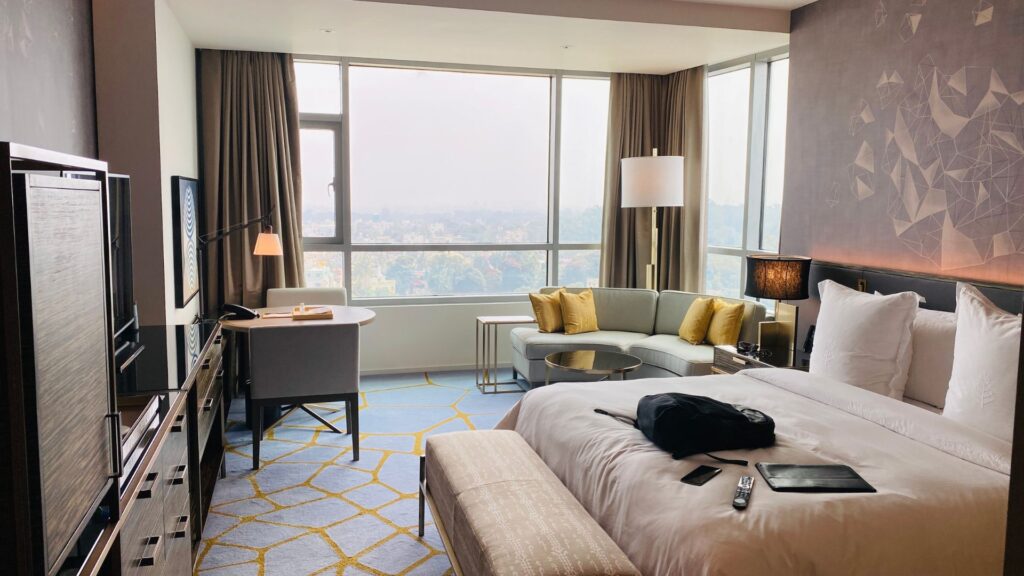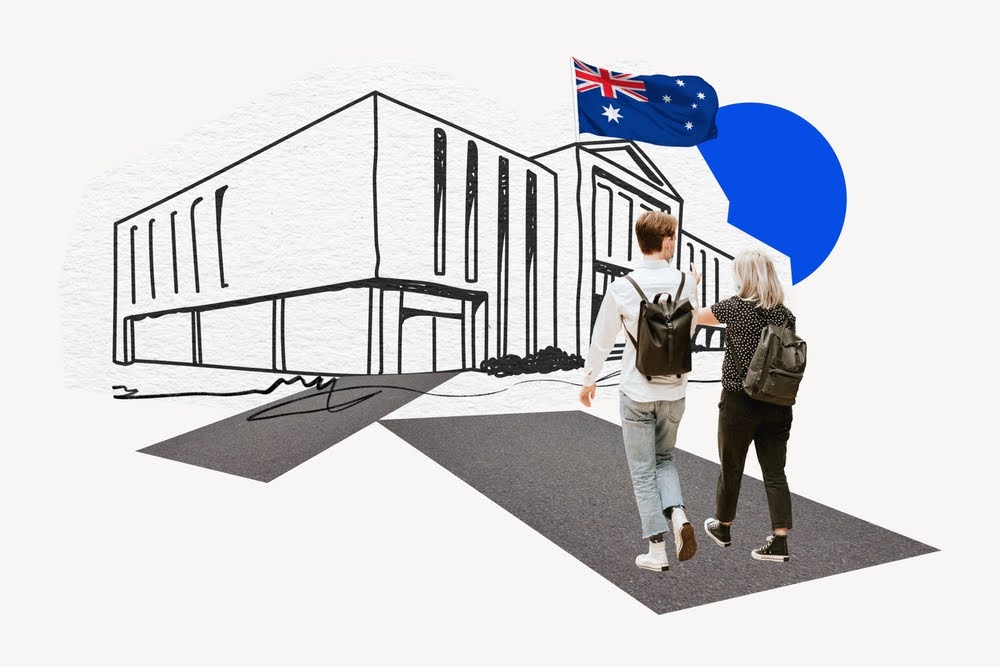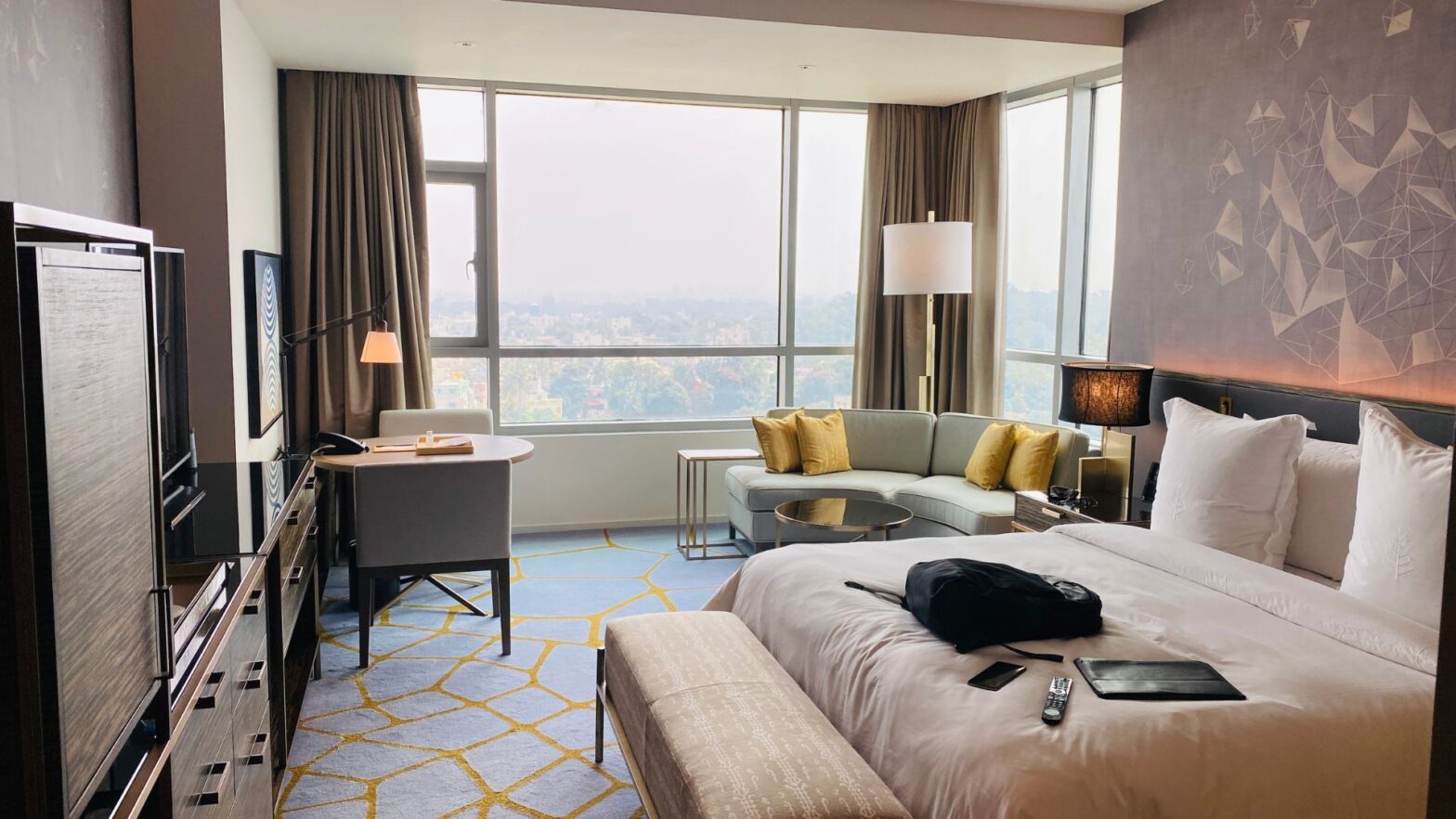Written by Tony Marshall, Vice President & Managing Director, APAC, Agilysys

For decades, hotels across Asia Pacific have focused on optimising rates and filling rooms. But today, the greater threat to growth isn’t pricing pressure—it’s the slow erosion of guest relationships. As third-party platforms capture more of the guest journey, hotels are losing visibility, loyalty, and long-term revenue potential.
Online travel agencies (OTAs), restaurant reservation tools, and event booking platforms have become embedded in the travel journey. In Japan, nine in ten travellers engage with OTAs during the booking process. Globally, OTA hotel gross bookings nearly doubled between 2020 and 2023, reaching $41 billion—a striking reflection of how much guest engagement now sits outside the hotel’s ecosystem.
The result? Fragmented data, diluted brand influence, and escalating acquisition costs. For hotels in APAC, where digital-first behaviour is the norm, the revenue impact of third-party dependency is particularly stark.
When Hotels Don’t Own the Relationship, They Lose More than Margins
Every time a guest books through a third-party platform, the hotel forfeits more than a commission. It loses a vital opportunity to learn, engage, and build loyalty. Without visibility into guest preferences and behaviour, hotels are left guessing how to personalise the experience, upsell effectively, or tailor services beyond the room.
This is especially problematic in a region where convenience and personalisation drive loyalty—and where a growing share of spend is happening beyond the room, in outlets like F&B, wellness, or curated experiences. Without direct insight, these revenue streams remain under-optimised. In fact, 41% of APAC guests spend more when staff offer personalised recommendations on activities, and 28% spend more when their food and drink preferences are remembered. Personalisation isn’t just a value-add—it’s a revenue lever, and one that’s difficult to pull without ownership of guest data.
RevPAR No Longer Tells the Whole Story
Traditional KPIs like RevPAR (Revenue Per Available Room) offer an incomplete view of modern guest value. RevPAG—Revenue Per Available Guest—better reflects the full spectrum of spend across the entire guest journey.
Adopting RevPAG requires a mindset shift. It means viewing the guest, not the room, as the core revenue driver. But critically, RevPAG is only meaningful when supported by unified, real-time data. Without it, personalisation remains aspirational and commercial opportunities remain unrealised.
AI and Integration: Catalysts for Change
Fortunately, hotels no longer have to choose between operational simplicity and deep guest insight. Modern AI-powered hospitality platforms are designed to unify data across departments—creating a centralised source of truth that fuels intelligent decision-making and scalable personalisation.
AI can analyse behavioural signals to dynamically segment guests, identify high-value individuals, and deliver tailored offers in real time. Whether it’s suggesting an upgrade, recommending dining based on past visits, or predicting service needs before arrival, automation makes personalisation proactive and precise.
This shift from static service to adaptive engagement elevates not only the guest experience—but also the bottom line. The more contextually relevant the interaction, the more likely it is to drive conversion, spend, and loyalty.
Use RevPAG as a Core Performance Metric
The path forward is clear: APAC hotels must shift from transactional touchpoints to connected experiences anchored in data ownership. That starts by integrating guest data across all systems—from reservations and point-of-sale to loyalty and mobile check-ins—into a single platform.
With a unified view, hotels can create accurate guest profiles and deploy AI-powered tools that uncover real-time revenue opportunities. For example, recognising when a returning guest prefers early check-in, or targeting a family traveller with curated activity packages before arrival.
But reclaiming guest relationships also requires giving travellers a reason to book direct. That means offering more than just price parity—think exclusive perks, seamless mobile journeys, and loyalty recognition that adds real value. The goal is to make the direct channel not just cheaper for the hotel, but clearly better for the guest.
Critically, these strategies must be underpinned by RevPAG as a core performance metric. It’s the clearest indicator of where value is created—and where it can be enhanced—across the full guest journey.
Owning the Guest Journey is the New Competitive Advantage
In a region as dynamic as APAC, guest expectations are rising—and loyalty is increasingly earned through relevance, not just rates. While OTAs and third-party platforms have their place in distribution, they should be viewed as gateways, not gatekeepers.
The hotels that thrive in this environment will be those that own the guest journey from first click to final farewell. By embracing integrated technology, data-driven strategies, and a guest-centric mindset, they can move from reacting to behaviour to shaping it—unlocking more revenue, more loyalty, and more meaningful guest connections at every stage.
Tony’s Biography
Tony Marshall is Vice President and Managing Director, APAC, at Agilysys, leading sales, channels, support, services, and product development across the Asia-Pacific region. With over 20 years’ experience, he has driven business sales and operations across APAC and the Middle East.
Before joining Agilysys, Tony was Head of Asia Pacific for Worldwide Hotel Link, part of The Albatravel Group, a leading European travel wholesaler and tour operator. Prior to that, he served as Vice President of Global Sales at Peakwork, a travel technology distribution provider, where he built and expanded the global sales division across APAC, the Americas, and EMEA, negotiating high-level contracts and partnerships to accelerate growth in travel technology.





























